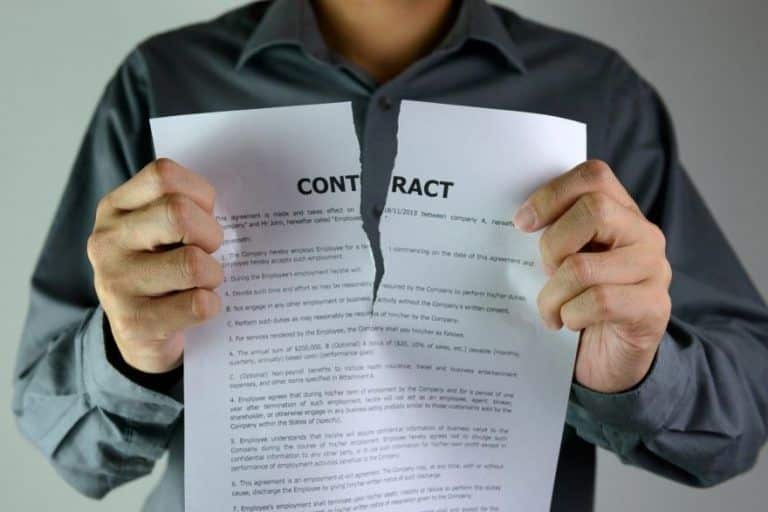Police Officer Liability
Police officers must sometimes use force while in the line of duty in order to protect the lives and property of others from serious harm. At times, the use of deadly force is required.
However, under the Fourth Amendment to the U.S. Constitution, police officers are not permitted to use deadly force in all circumstances. Instead, deadly force may only be used in situations where it is objectively reasonable to do so. In Sevier v. City of Lawrence, Kansas (1995), the 10th Circuit described the standard for the use of deadly force as asking whether a reasonable officer, in the same situation as the officer who used deadly force, “would have had probable cause to believe that there was a threat of serious physical harm to themselves or to others.”
What happens when a police officer fires because he or she believed, for example, that someone else was armed – but the person had no weapons? Situations like these are known as a “mistake of fact.” Generally speaking, an officer who shoots and kills a suspect or another officer will face liability if the mistake was “objectively unreasonable.” In other words, if a reasonable officer in the same situation would have recognized that the person was unarmed, the officer who fired the shot will be held liable for the use of deadly force.
As the 10th Circuit explains in Fisher v. City of Las Cruces (2009), the question is not about “the officers’ particular motivations” or “the arrestee’s subjective perception of the intrusion.” In other words, the court does not ask what the officer who fired the shot actually believed or what the person being arrested thought was happening. Instead, the court asks “whether the officers’ actions are ‘objectively reasonable’ in light of the facts and circumstances confronting them.”
The objective reasonableness of a particular use of deadly force is fact intensive analysis that considers many factors. This includes the shooting officer’s training and experience, what a reasonable officer would have known and perceived, and how a reasonable officer would have behaved under the circumstances. Liability for the unreasonable use of deadly force may be imposed on the shooting officer, those officers who may have “caused” the shooter to use deadly force, any supervisors who perpetuated a policy or custom that caused the use of deadly force, and the police department, if the use of deadly force was the result of a policy, custom, culture or some failure to train.








